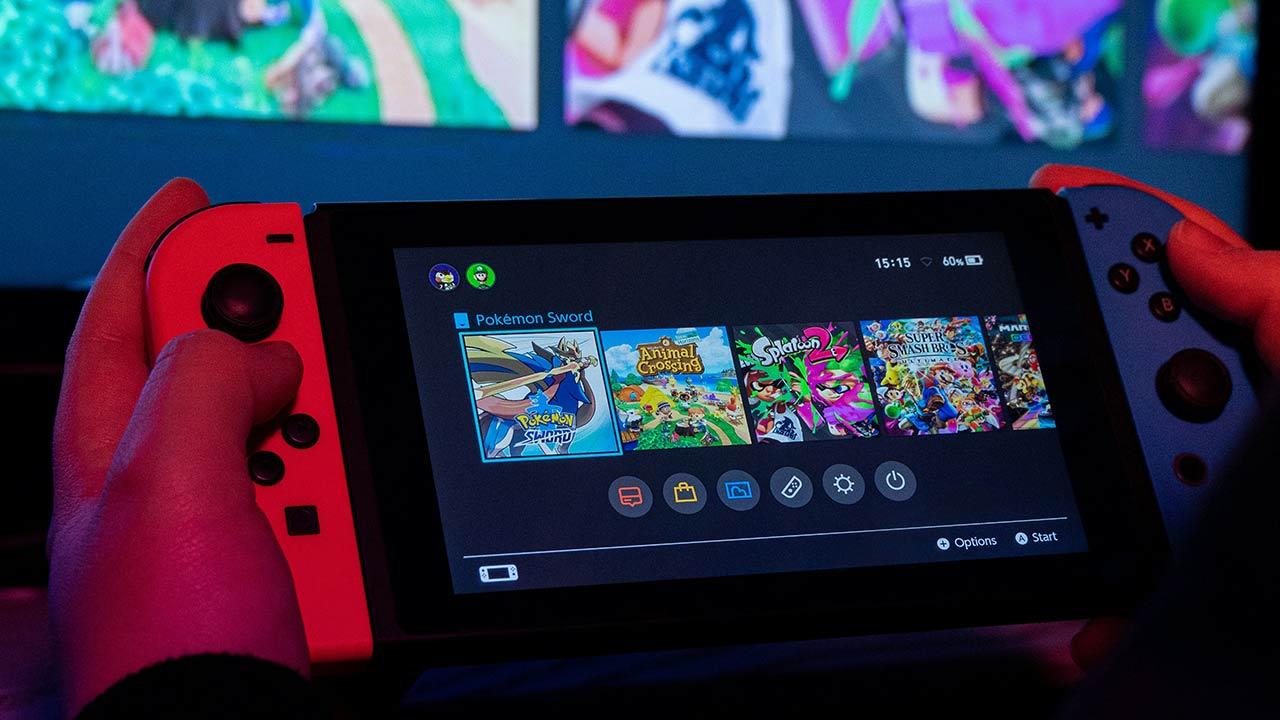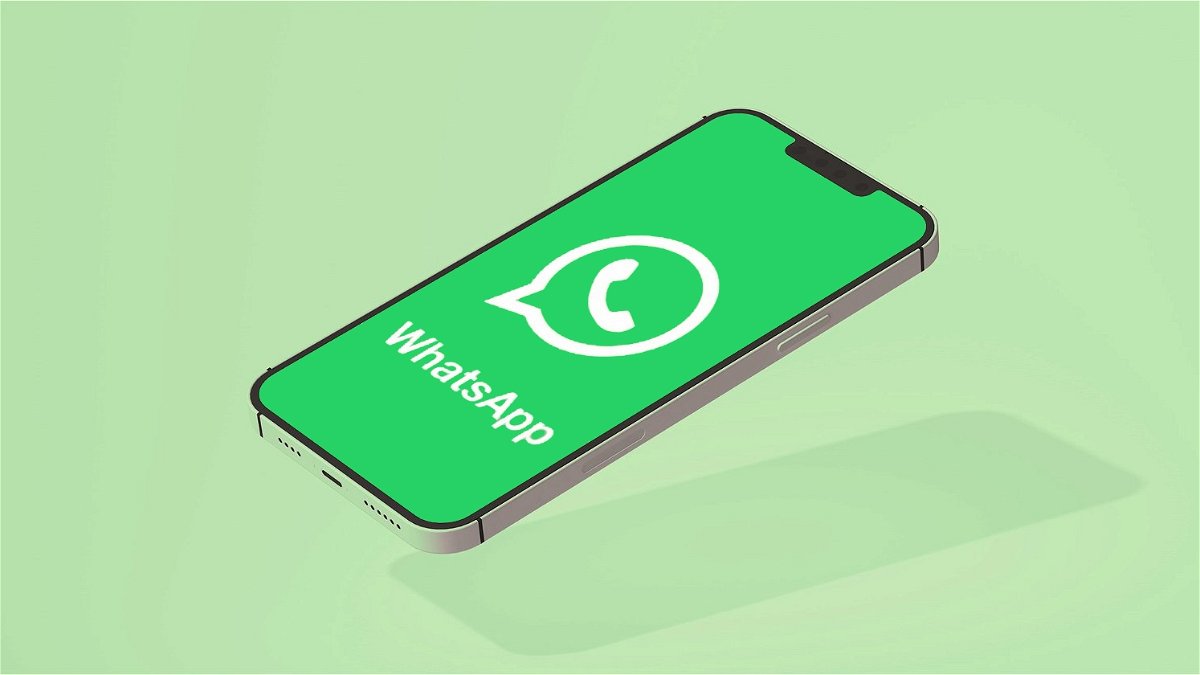NordVPN launched Meshnet in July 2022. Essentially, it’s a way to use NordVPN’s technology to create your own encrypted communications between the devices you own and those of your friends.
In other words, it kind of lets you create your own personal VPN servers.
Meshnet’s uses are – admittedly – pretty geeky, like being able to easily host an online game server without the hassle of port forwarding: just tell your friends the unique name of the server and they can connect to your computer.
The problem, however, was that everyone had to be a NordVPN subscriber. Luckily, NordVPN realized this was a bit restrictive and has now made it possible to create an account and connect to the NordVPN app without having a subscription.
This means that Meshnet is completely free for everyone, without the need for at least one person to be a subscriber.
One of the other uses of Meshnet is to send files from one device to another. You can use a cloud storage service instead, but Meshnet means you can send files directly between devices with no size limits – and with fast connections.
Whether you need to transfer a large video or just want to send screenshots from your phone to a computer (but don’t have AirDrop because you don’t have both an iPhone And
To do this, just use your phone’s share menu, choose the NordVPN app, and then choose the device you want to send screenshots to. The only additional thing you need to do is install NordVPN on both devices and enable Meshnet.
Meshnet is available on Android, iOS, macOS, Windows and Linux as well as Android TV. You can connect up to 10 personal devices and 50 external devices (i.e. other people) and use them on Meshnet.
Of course, it’s still worth subscribing to NordVPN if you want a VPN, because then you can get all the benefits of unblocking videos and other content in just about any country and any other reasons why you might need a VPN.
Along with this change, the company is also making several things open source. One is Libtelio – a networking library used in NordVPN apps on all operating systems, and Libdrop – a library used to share files via Meshnet. This means that the source code for these products is now publicly available, allowing developers to review, audit, and contribute code.
It’s also making its Linux app open source, which could mean enthusiastic NordVPN fans could create a GUI for it — something the company has so far decided against building itself.







